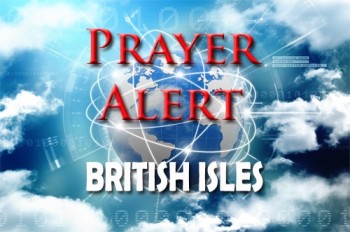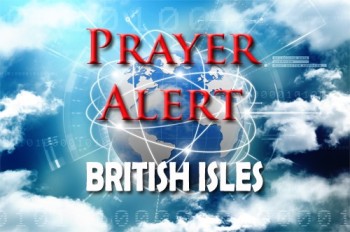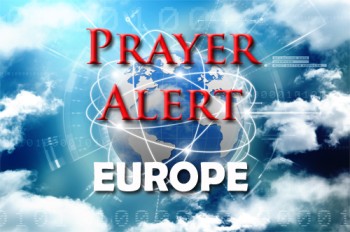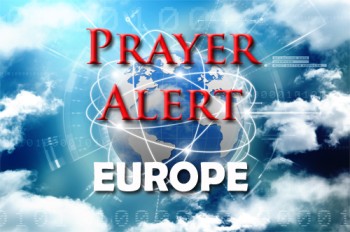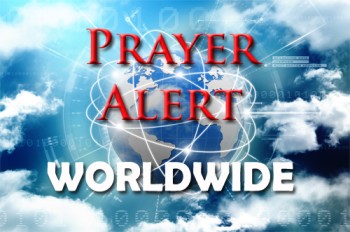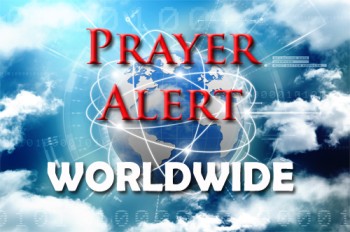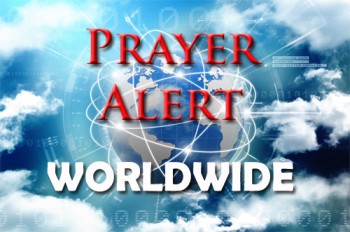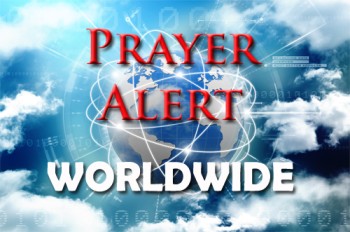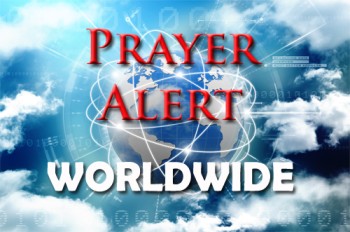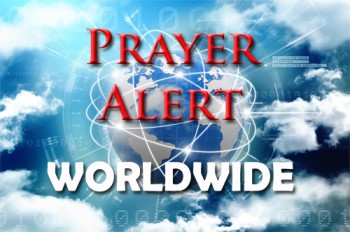Nursing strike cut short by High Court
A judge has ruled that a planned strike at NHS workplaces across England must be shortened by a day. It will now end at midnight on 1 May, not 8pm on Tuesday 2 May. The Government had asked the High Court to assess if the last day of the planned action by the Royal College of Nursing (RCN) fell outside their six-month mandate for strikes. The RCN general secretary said, ‘The full weight of government gave ministers this victory over nursing staff in the darkest day of this dispute. The government is taking its own nurses through the courts because of their simple expectation of a better pay deal. Nurses will be angered but not crushed by today’s order. It could make them more determined to vote in May’s re-ballot for another six months of strikes. Nobody wants strikes until Christmas. Today we should be in the negotiating room, not in the courtroom.’
Gambling white paper
On 27 April the Government unveiled its long-awaited white paper on gambling. The announcement of what it actually contains has been delayed at least four times since the review of gambling laws was first announced in 2020. Since then, there have been regular reports of individual cases of problem gamblers - but the government's solution has been crafted by three different culture secretaries without seeing the light of day. Current culture secretary Lucy Frazer says the rise of smartphones means ‘now there's a Las Vegas on every phone’ and believes she has a proposal which is suitable for the digital age. She said, ‘When gambling becomes an addiction, it wrecks lives. Gambling has always been measured in terms of money lost, but you cannot put a cost on the loss of dignity, loss of identity, and in some cases, loss of life that it can cause.’ Young gamblers could face a £2 slot machine limit: see
Ukraine: children's innocence stolen
Russians are kidnapping Ukrainian children and adopting them into Russian families where they are brainwashed. Last May, Putin simplified Russian adoption laws to enable these illegal adoptions. A majority of the children have living parents or relatives: they were illegally and forcefully separated from them when their parents were taken into 'filtration camps'. NGOs are trying to return these children to their families, and the international community calls this a war crime. The number of children who have been proven by name is 16,121, according to Orphan’s Promise. The Russian commissioner for children's rights said over 300,000 children have been taken to Russia, given Russian citizenship and adopted into Russian families - illegally. A Ukrainian human rights lawyer has said, ‘A mother and her four-year-old daughter were separated at a filtration camp. She had to give her daughter to some woman she didn't know, and we don't know what happened to her.’
Russia: where is Putin’s opposition?
Since Russia's invasion of Ukraine, independent Russian media have received restrictions or threats. News channels TV Rain and Meduza have had to move abroad; Novaya Gazeta remains in Moscow but has stopped publishing newspapers. The authorities have closed talk radio station Echo and others. Countless commentators are in exile, including veteran journalist Nevzorov, branded a ‘foreign agent’ and given a jail sentence in absentia for spreading ‘fake news’ against Russia’s army. People do not need an audience of millions to be targeted. Mathematics student Dmitry Ivanov ran an anti-war Telegram channel and received an eight-and-a-half-year prison sentence. An anti-war picture sketched by a 13-year-old at school warranted Alexei, her father, being jailed for two years. Putin rules Russia virtually unchallenged. Critics who once spoke out have been forced into exile, jailed or killed. By the time he invaded Ukraine, two decades of stamping out dissent had all but annihilated Russian opposition.

